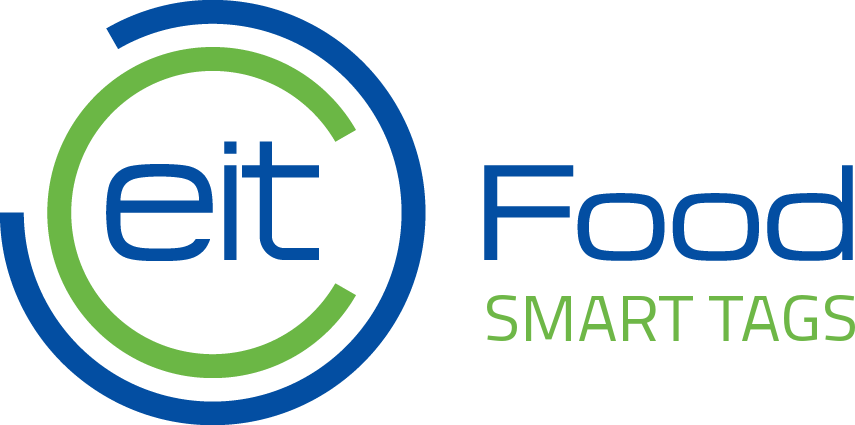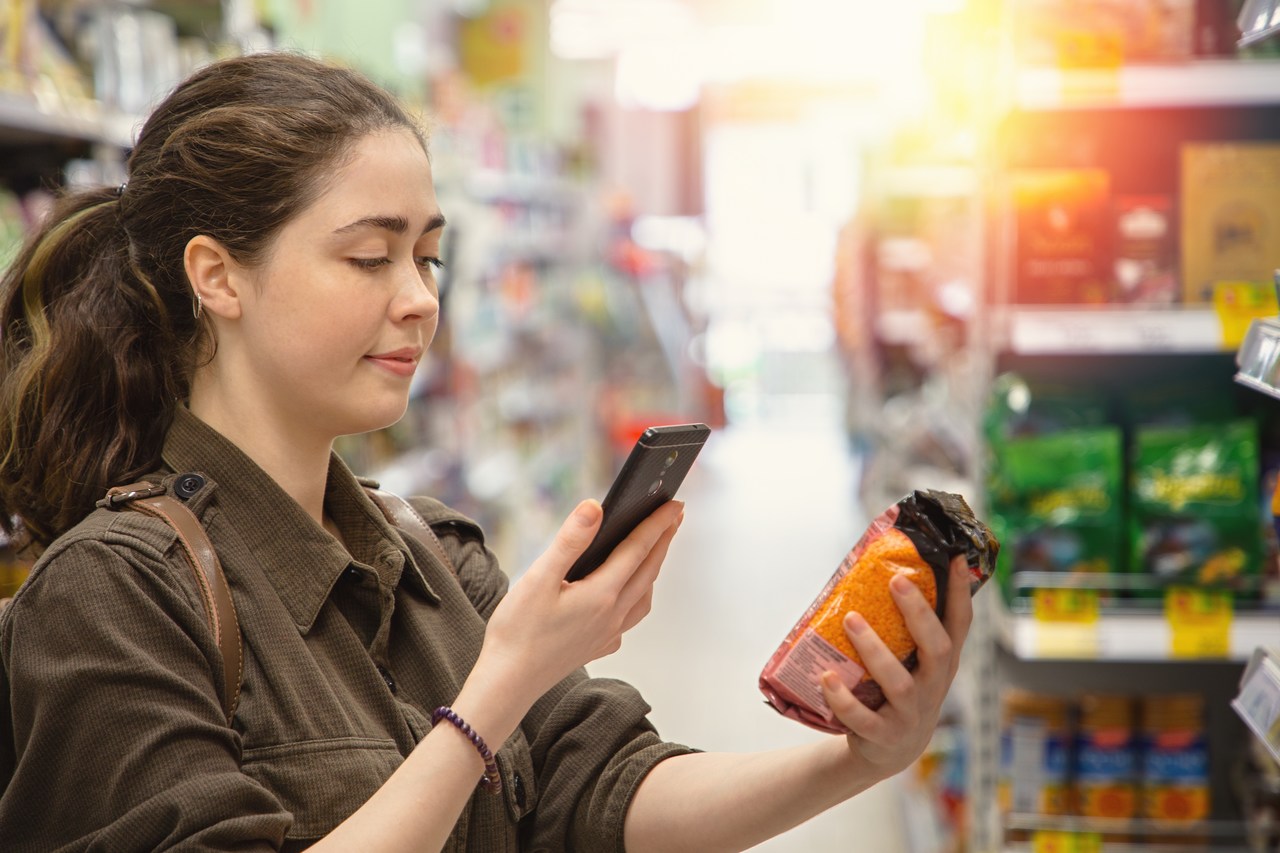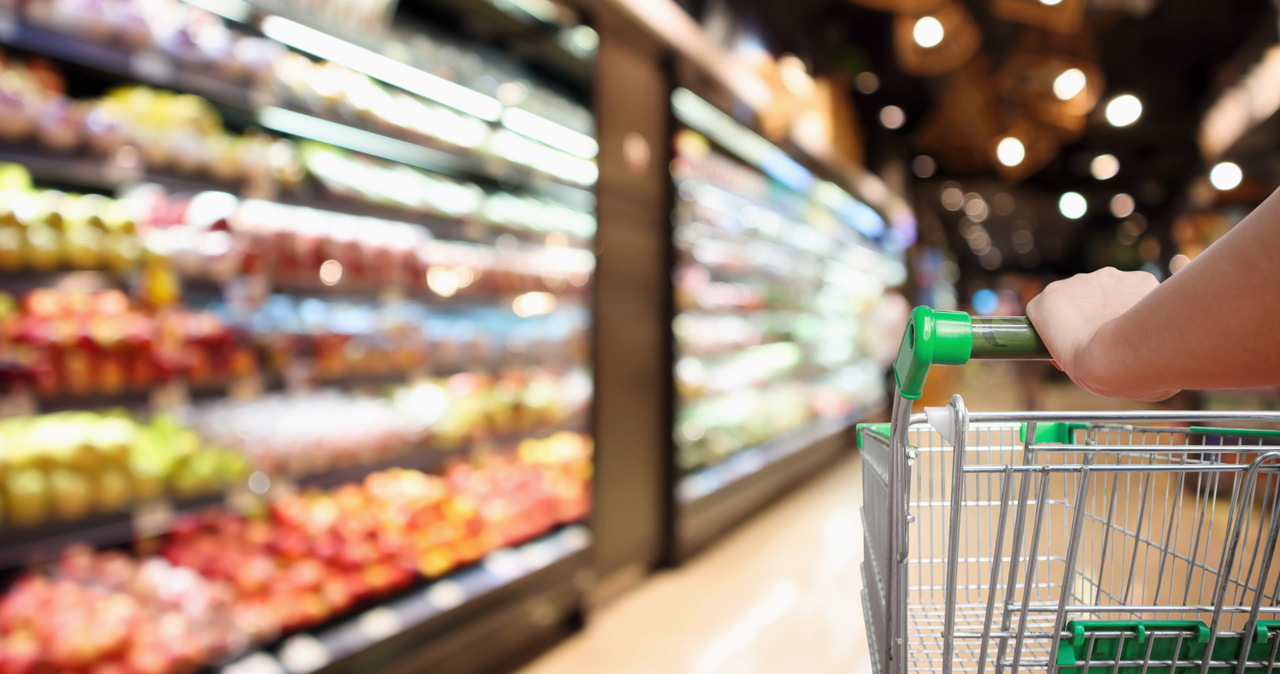
Early 2020 witnessed the beginning of the EIT Food “Smart Tags” project, implemented by a project team consisting of food producers, universities and research units.

The aim of the project is to increase consumer confidence in food products and their production and transport process by providing information on the value chain of a given product. The product value chain refers to all activities related to the production and sale of a product and all services provided after its purchase, which together create the value of the product. The product value chain defines the entire life cycle of a product – from the raw materials it is made of to its purchase by the final purchaser. The idea of the project is to provide consumers and food suppliers with an interactive connection by means of so-called smart labelling and the use of Smart Tags. The idea behind the project was to use the Smart Tag packaging to communicate with consumers, not only through the provision of information by manufacturers, but also through the creation of opportunities for feedback, questions and the creation and development of products and services by consumers. As a result, food producers would also obtain valuable data leading to a better understanding of their customers’ needs for new products and services.

In a highly globalised world with long and complex food value chains, consumers increasingly lack confidence in food producers. Studies show that there is a gap between the level of information consumers need on food packaging in order to make an informed purchasing decision and what is currently on the labels. Information of interest to consumers includes, but is not limited to – the ingredients and their origin, – the development of the product in the ‘Sustainable Production’ model, – the development of the product in the ‘Fairtrade’ model, – authenticity, – transport conditions, – shelf-life – how the packaging is recyclable. Consumers often have difficulties in interpreting the nutrition declaration. In addition, many products have additional slogans on their labels with unclear statements such as ‘sustainable’, ‘natural’ or ‘healthy’ – without being supported by facts and figures. Could Smart Tag be a source of explanation for this type of wording? Definitely, however, the way such information is communicated depends on the type of Smart Tag that would be used on the packaging. Smart Tags, intelligent labels with unique features, are tags that can be an integral part of a product placed and visible on the packaging. In addition to product quality and safety monitoring functions, they can also provide the potential consumer with many other types of information related to the product value chain. Various types of indicators are used in smart packaging, e.g. sensors used to detect volatile substances, carbon dioxide or oxygen; indicators that monitor ambient conditions (temperature, time, humidity, lighting, etc.). An example of Smart Tag is a 2D barcode, some areas of which are printed with functional ink. The result of a code scan will change when there is a colour change or when a part of the bar code disappears completely under environmental conditions. This gives the customer access to more detailed product information in real time (and. real-time information). Smart packaging also includes packaging containing QR codes or RFID tags. The Smart Tags project will analyse solutions available on the market and will attempt to develop a new Smart Tag, whose functionalities will respond to the expectations of consumers, food producers and entities related to the product value chain identified in 2020.

The Smart Tag project is coordinated by the VTT Technical Research Centre of Finland. Other partners in the project are the University of Warsaw (Poland), the Maspex Group (Poland), the University of Reading (UK), KU Leuven (Belgium), Matis (Iceland), AZTI (Spain) and DouxMatok (Israel). The Smart Tag project is financed by EIT Food, a European Union body. Innovative solutions and service concepts using Smart Tag technologies will be developed together with consumers and other stakeholders in all participating countries. You can follow the results of the project on the project website and your Twitter account.
